Today we discuss the most burning question Do HummingBirds Sleep In The Same Place Every Night Hummingbirds don’t necessarily sleep in the same place every night.
They typically seek out sheltered spots in trees or bushes where they can rest safely. These locations are often hidden from predators and shielded from the elements.
Hummingbirds tend to choose places that are close to their feeding areas but may vary their sleeping spot depending on factors like safety, weather, or availability of suitable cover.
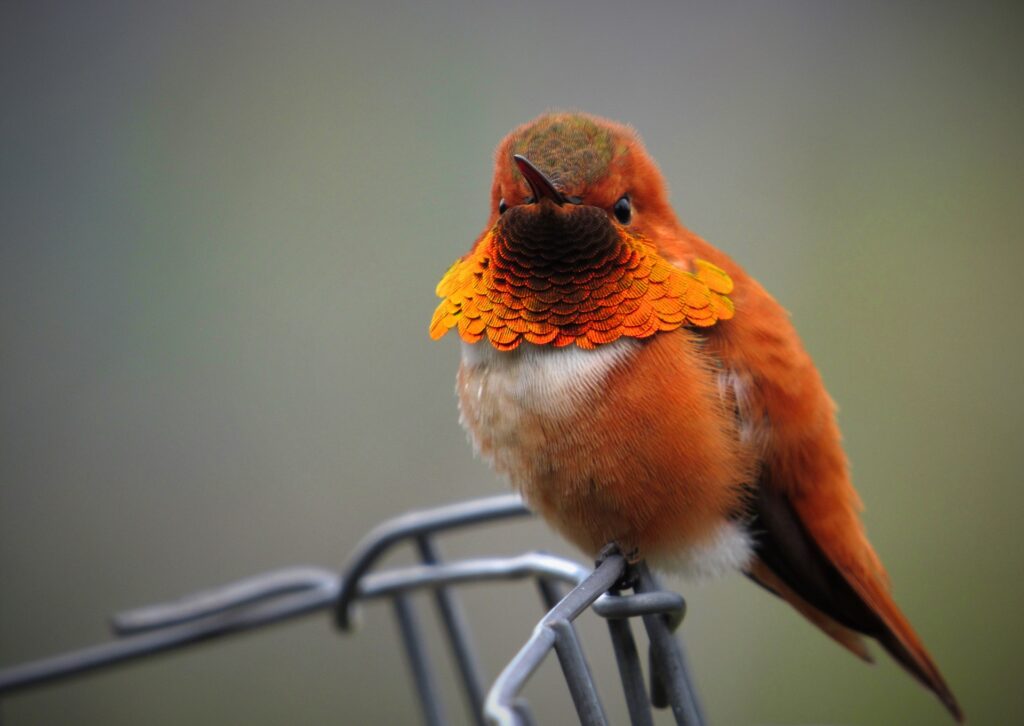
During sleep, they enter a state called torpor, where their metabolism slows dramatically to conserve energy. This state allows them to survive the night when food isn’t available.
Hummingbirds are highly adaptive in choosing their sleeping spots and often prioritize safety and energy conservation. They don’t exhibit site fidelity for sleep like some animals do, but instead pick spots based on their immediate environment and needs. Here’s a deeper look at their sleeping habits:
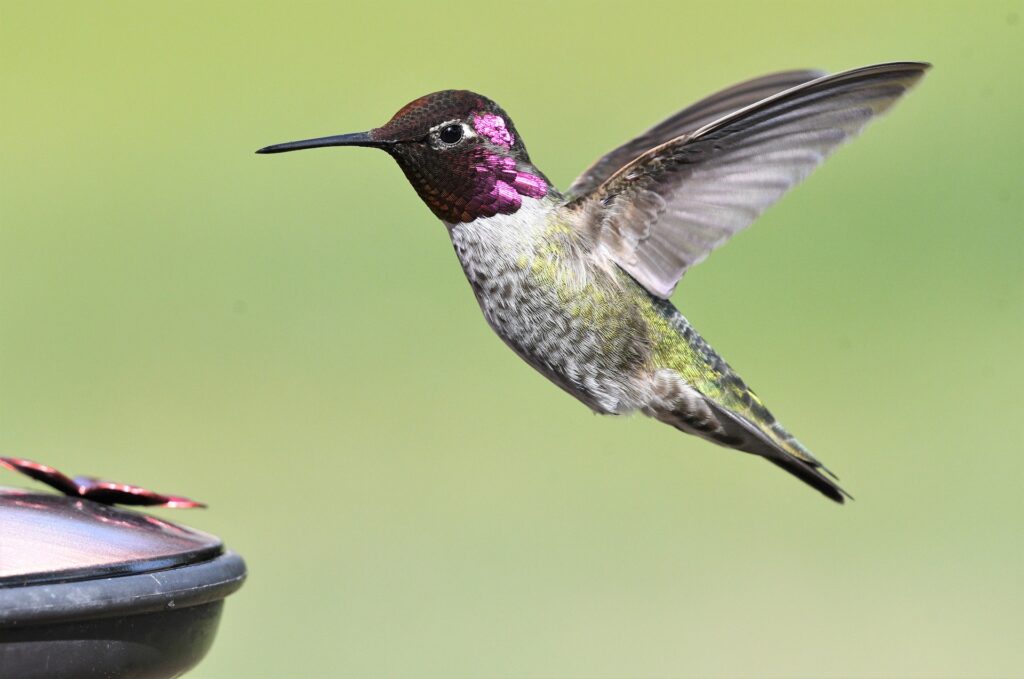
* Sleeping Locations
- Sheltered Spots: Hummingbirds prefer well-hidden places, such as dense foliage, tree branches, or under leaves, to protect themselves from predators like snakes, owls, and larger birds.
- Proximity to Food: They often sleep close to reliable food sources, as they need to refuel quickly after waking due to their high metabolism.
- Variety in Choice: While they might use the same spot for consecutive nights if it remains safe and undisturbed, they are not bound to a specific location.
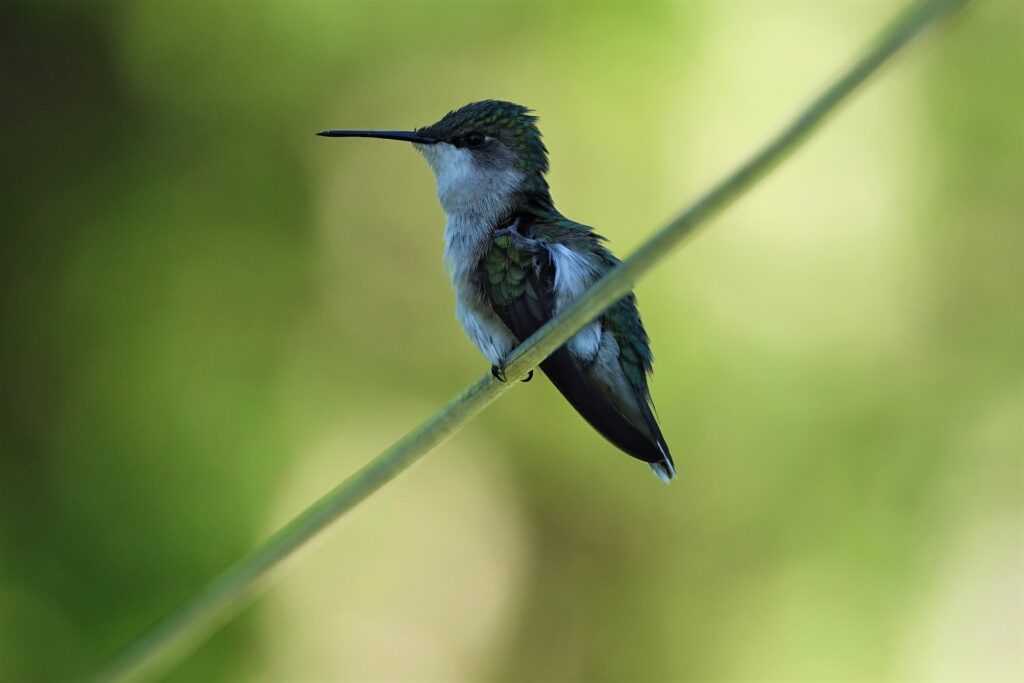
* State of Torpor
- Hummingbirds enter torpor at night, a deep, hibernation-like state where their heart rate can drop from over 1,200 beats per minute to as low as 50 beats per minute. This significant slowdown conserves energy.
- Their body temperature drops to near-ambient levels, making them appear lifeless. This state helps them survive when food is scarce, especially during colder nights.
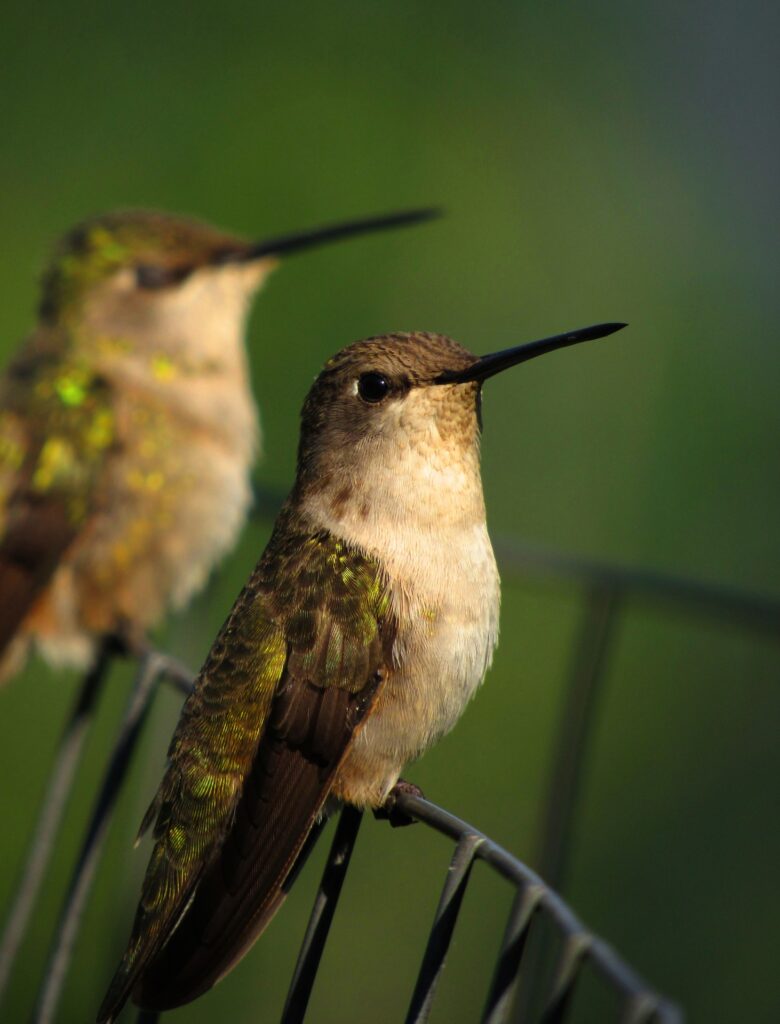
* Environmental Factors
- Weather: On cold nights, hummingbirds may seek out particularly well-insulated areas, such as under thick foliage or in small crevices, to retain warmth.
- Seasonal Changes: During migration, they may sleep in new locations each night as they travel, selecting convenient spots along their route.
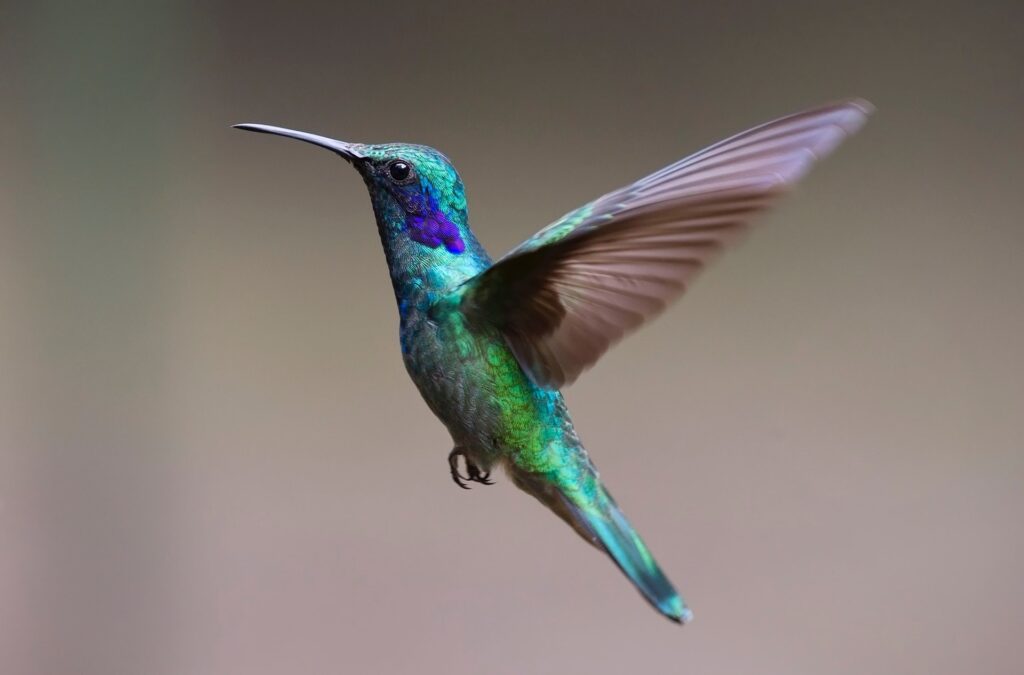
* Roosting vs. Nesting
- Unlike their nesting spots, which are carefully constructed for raising young, their sleeping locations are chosen for immediate practicality and safety.
- Female hummingbirds are more likely to sleep in their nests if they are caring for eggs or chicks, while males and juveniles use other nearby spots.
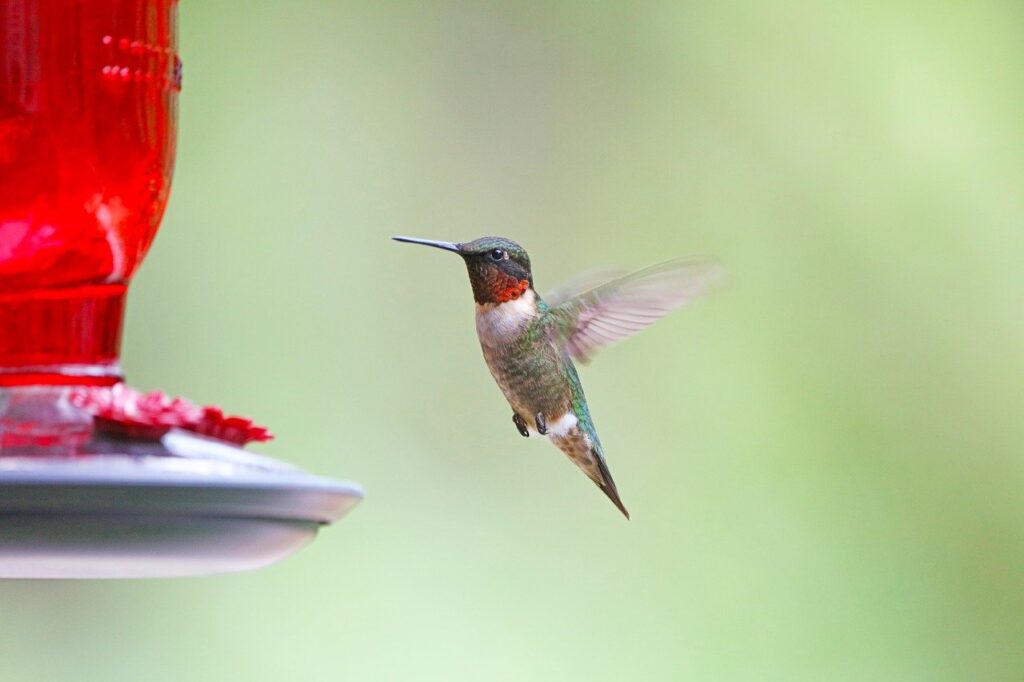
Hummingbirds are solitary sleepers, rarely sharing their roosting sites with others, ensuring they maintain their territorial nature and avoid competition. Their adaptability in choosing sleeping spots plays a key role in their survival.

Can I Sleep In The Same Bed As A Chemo Patient

Can I Sleep In The Same Bed As Someone With Shingles



3 thoughts on “Do HummingBirds Sleep In The Same Place Every Night”